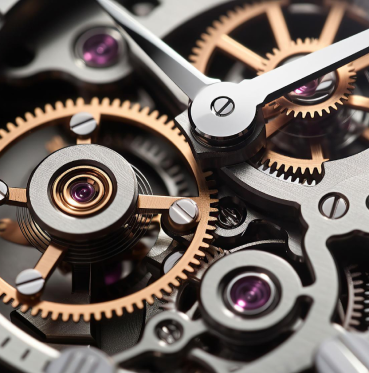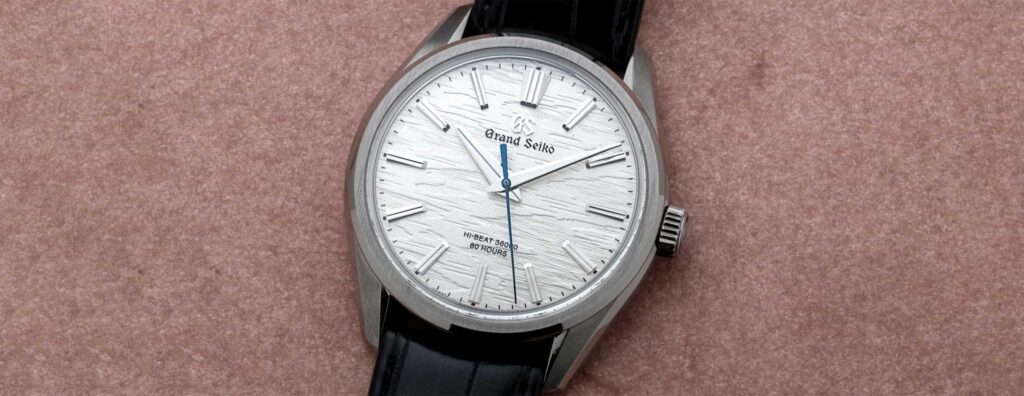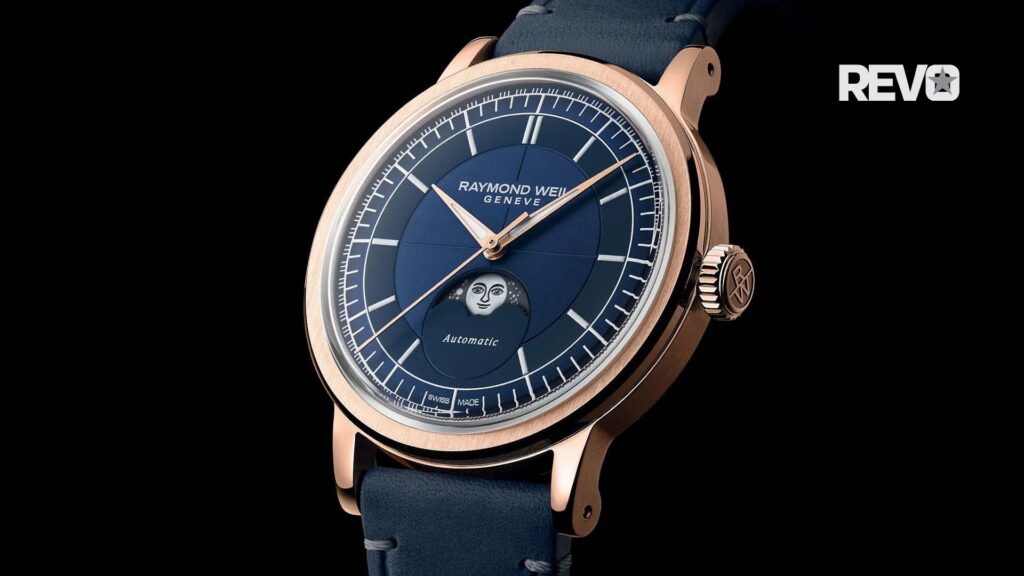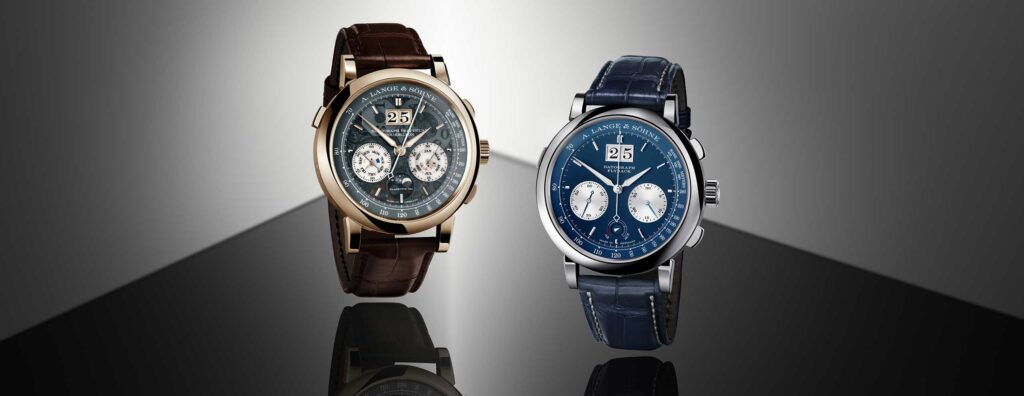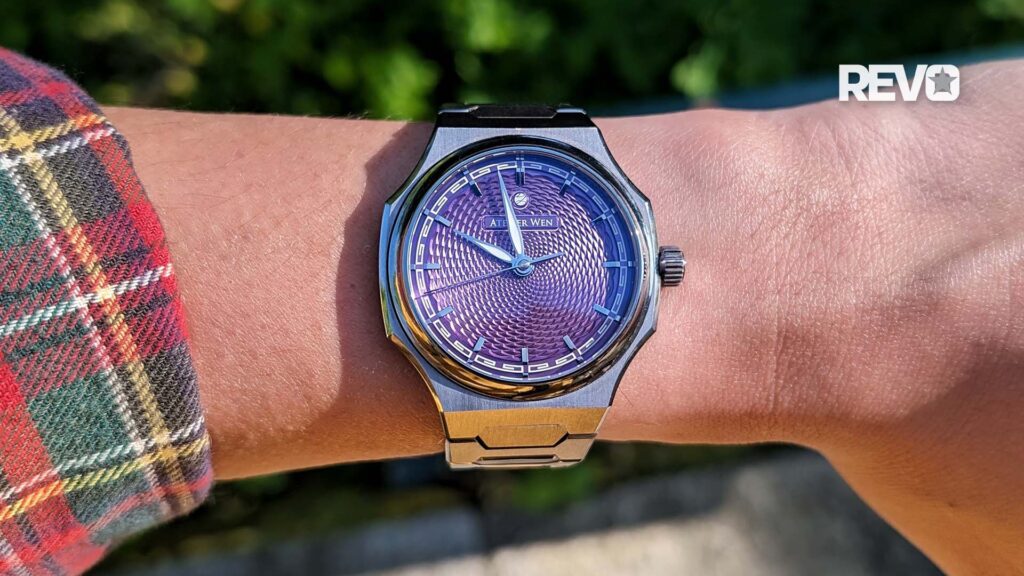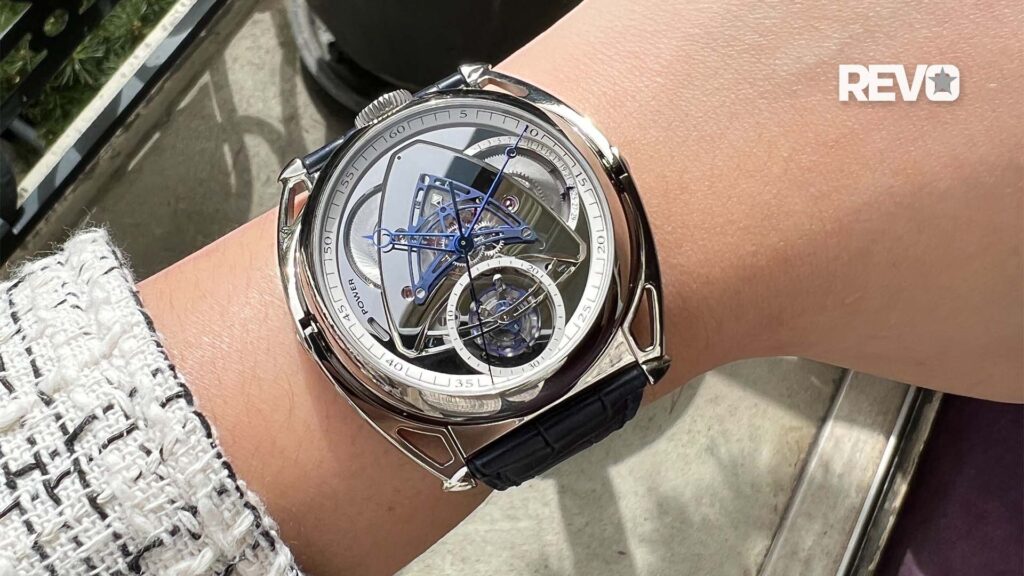Reviews
Moon Germs and Airstream’s Part in Saving the World
I stepped through the door of the 1960s shiny, aluminum trailer. It was one of four custom Airstreams modified for NASA’s Apollo astronauts. Its purpose was simple: quarantine the crew when they returned from the Moon, so an unknown germ didn’t kill everyone on the planet.
The Airstream I was standing in was the Mobile Quarantine Facility (MQF) used for one of those missions. It was a tight fit inside but that didn’t bother me. Besides, if it was good enough for astronauts in 1969, then it’s good enough for me.
While NASA landed twice on the Moon in 1969, the book Andromeda Strain was on the New York Times’ best seller list for fiction. Michael Crichton’s story was about a fallen military satellite that somehow brought a space germ to Earth and killed the population of an entire town. The book imagined a team as it raced to identify the microbe, understand how it worked, and contain its spread. In the book, there was a plan for the possibility.
Some wondered if an organism from the Moon could really make its way back to us.
To prevent this possibility, the Interagency Committee on Back Contamination was formed in 1966, years before the Moon landing. The Committee was given authority to review and approve NASA’s procedures ensuring a returning crew from the Moon didn’t accidentally bring home a similar pathogen.
The development took years to create and NASA’s procedures for containment required a way to move them from the Pacific landing site to Houston. Someone thought an Airstream would meet that need.
Airstream is an iconic American brand born from aluminum aircraft designs of the 1930s. Wally Byam, Airstream’s founder, was a marketing genius who sold a vision. “See the world at your doorstep” is what the advertisement promised on the back of the 1960s National Geographic.
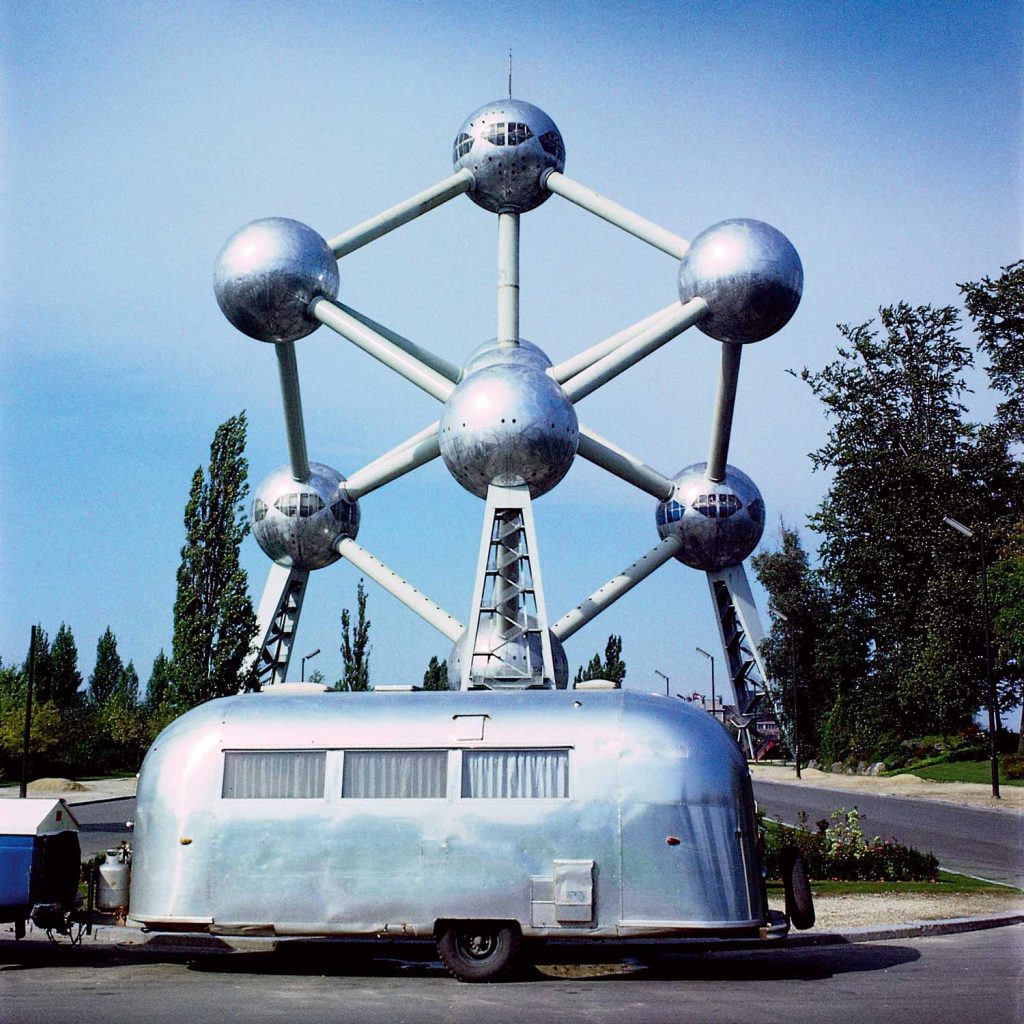
Airstream parked in front of the landmark Atomium, which was built for the Brussels World’s Fair in 1958. Airstream’s founder, Wally Byam, led international caravans across Europe, South America and Africa in the 1950s. It was equal parts marketing and exploration of a post-war world. Credit: Reproduced with permission by Airstream, Inc.
When I found a NASA Airstream a few hours from my home, who would’ve guessed that my worlds would collide. My Airstream-loving, space-geekiness, and watch-nerdery converged in Huntsville, Alabama.
At first glance, Huntsville, Alabama seems an unlikely place for the US Space and Rocket Center and its collection of NASA history. I turned onto Tranquility Base Road to see MQF-002, NASA’s name for the Airstream that served as the Apollo 12 quarantine trailer. It’s like the other Airstreams but this one sits under a 363’ Saturn V rocket and across the hall from a lunar rover with a massive Omega Speedmaster overhead.
So how did this quarantine work? It was NASA’s task to establish step-by-step procedures keeping the crew safe and maintaining complete biological isolation for 21 days. Three of those days would be lived inside the Airstream MQF as the crew got out of the floating Command Module in the Pacific until they got into the Lunar Receiving Laboratory (LRL) in Houston.
For Apollo 11, the crew was pulled out of the Pacific by helicopter and taken to the deck of the USS Hornet. Instead of handshakes, the helicopter was lowered to the cargo bay where the crew waved and walked directly into the Airstream MQF.
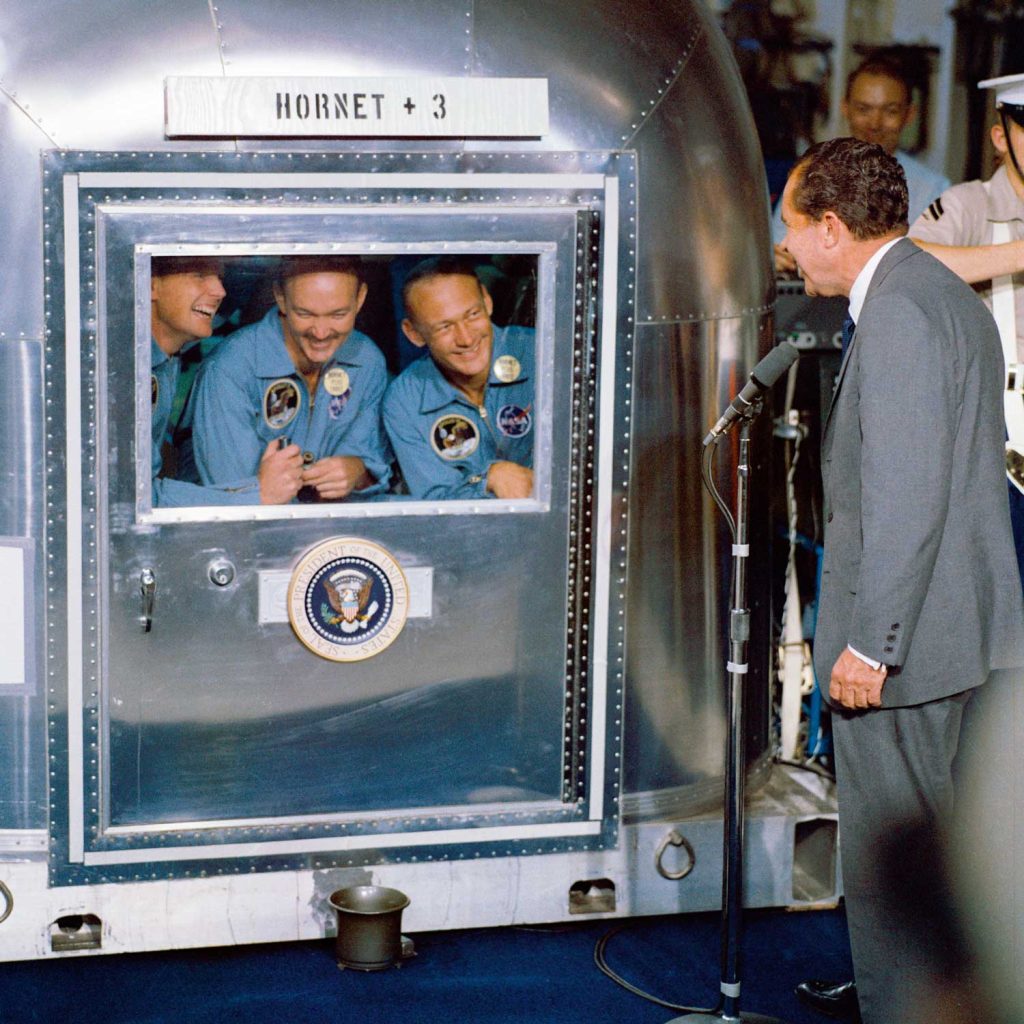
President Richard M. Nixon was in the Pacific Ocean recovery zone to welcome the Apollo 11 astronauts aboard the U.S.S. Hornet. Already confined to the Mobile Quarantine Facility are (left to right) Neil A. Armstrong, commander; Michael Collins, command module pilot; and Edwin E. Aldrin Jr., lunar module pilot. (Image: NASA)
All these procedures needed more than one person to support it, so two people joined the crew inside the MQF for Apollo 11. Flight Surgeon Dr. William Carpentier was there to monitor their health, and NASA engineer John Hirasaki oversaw the operation of the MQF’s systems and all post-flight activities inside the Columbia.
Hirasaki recalled in an oral history project for NASA that “they asked for volunteers to act as the recovery engineer that would be quarantined with the crew,” he said. “They said they would prefer you not to have a lot of family commitments so young engineers were the usual suspects. There were four of us who said, ‘I’ll do it.’”
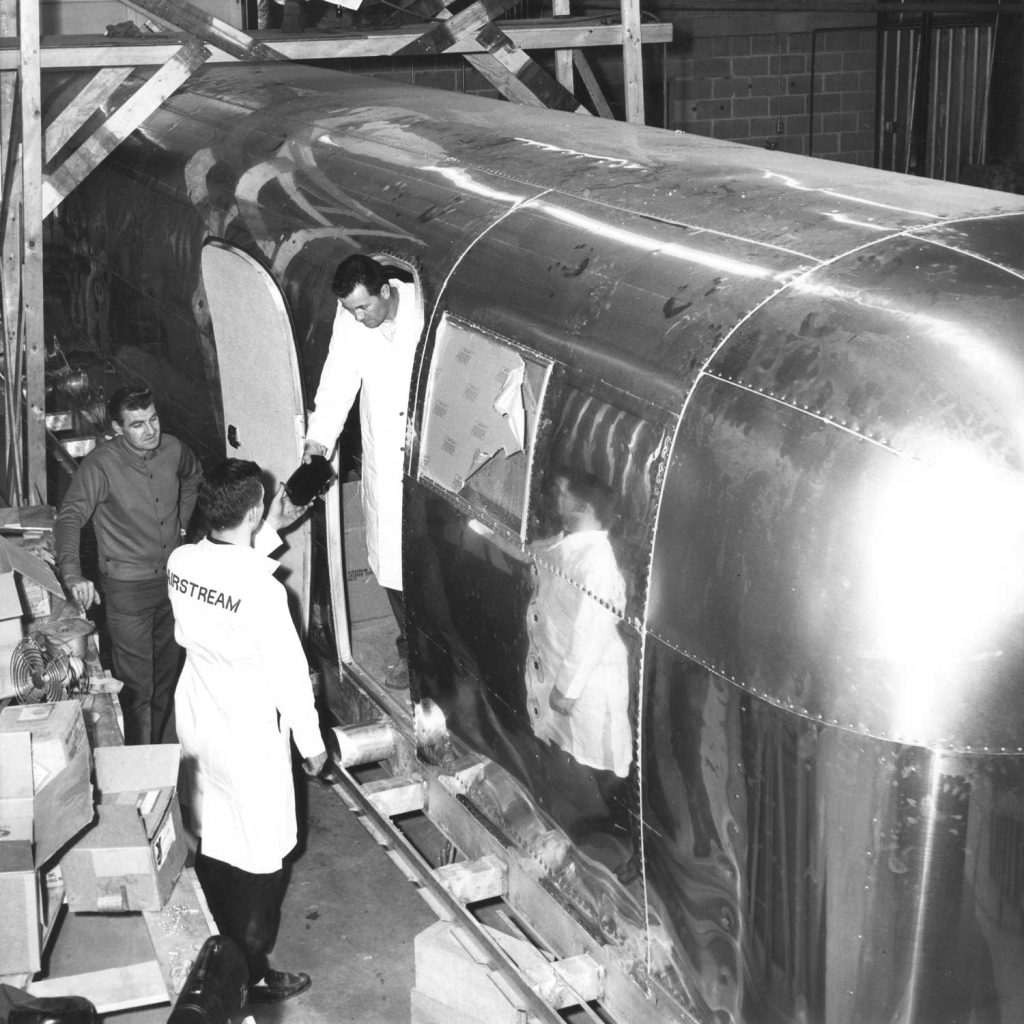
A rare look of the MQF during its construction in the Airstream Ohio plant just 15 miles from Neil Armstrong’s birthplace. The key modifications included redundant systems for ventilation, power, air, plumbing and its foundation frame, which had to be modified to be carried and secured to its transportation vehicles. (Image: Reproduced with permission by Airstream, Inc.)
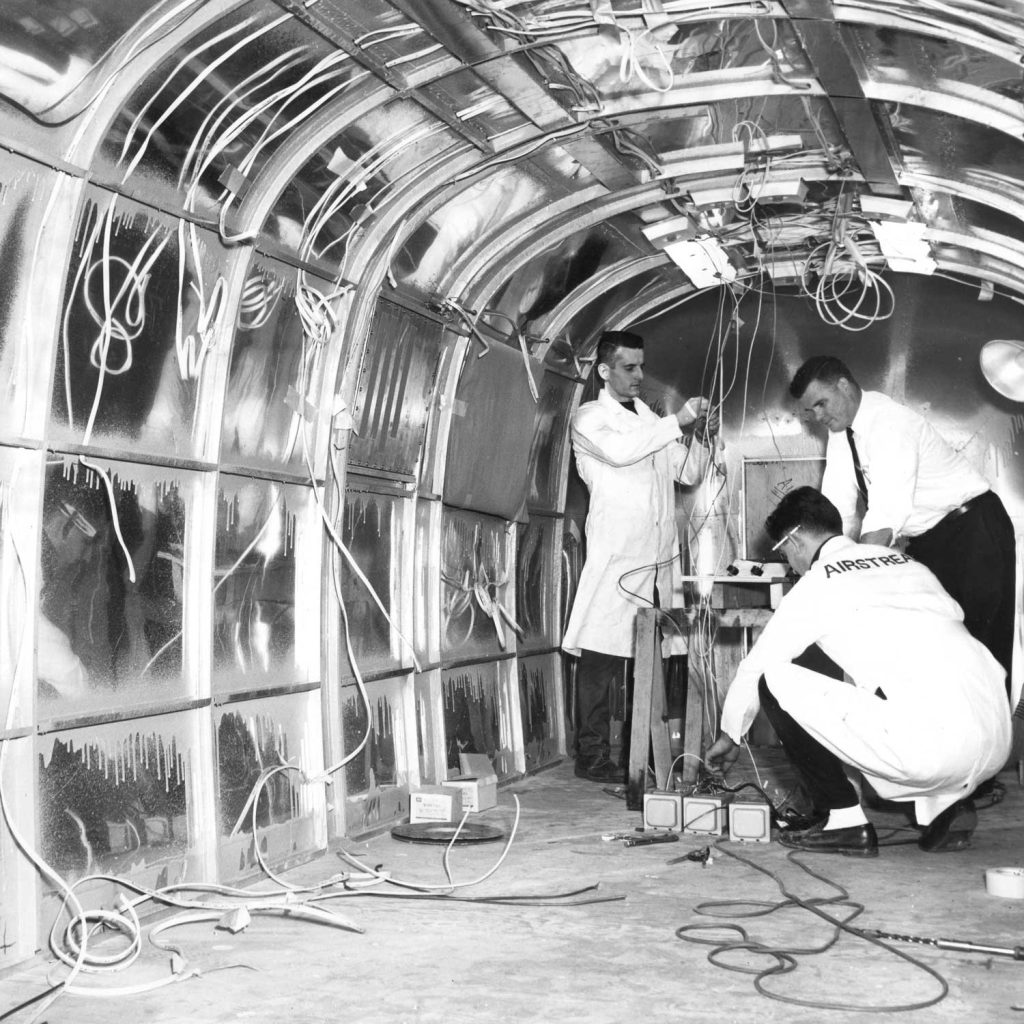
A rare look of the MQF during its construction in the Airstream Ohio plant just 15 miles from Neil Armstrong’s birthplace. The key modifications included redundant systems for ventilation, power, air, plumbing and its foundation frame, which had to be modified to be carried and secured to its transportation vehicles. (Image: Reproduced with permission by Airstream, Inc.)
Hirasaki was responsible for ensuring the Command Module was decommissioned too. This meant moving objects between it and the Airstream through a plastic tunnel called the Decontamination Transfer Lock. This tunnel was NASA’s way of allowing the astronauts to retrieve mission and personal effects from the Columbia while maintaining the quarantine.
As Hirasaki worked on the Columbia, he also maintained the MQF, ensuring that it was safe for the crew and those around it.
The Airstream interior relied on a typical trailer design with a bathroom in the back, six bunk beds in the middle, a kitchen area with a microwave and a lounge area in front. The microwave was a big deal at the time as it was one of the earliest examples. The table in the lounge area was a place for the crew to work but it could also be a medical exam table.
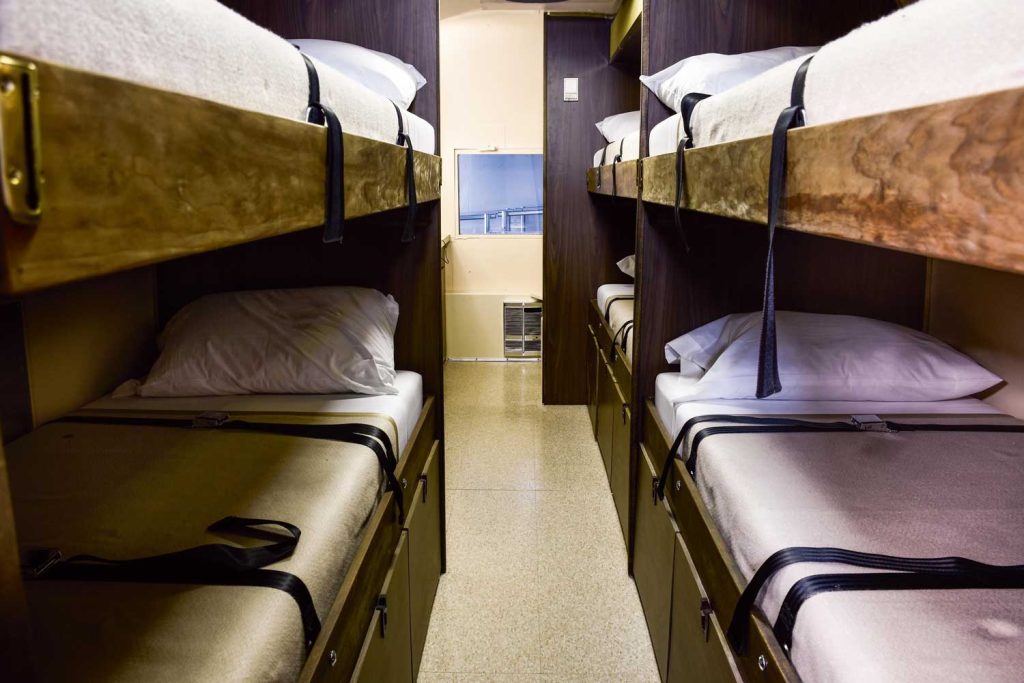
The US Space and Rocket Center (USSRC) is home to one of the three MQF built by Airstream. Inside the MQF are the bunk beds used for the crew for their nearly three days in confinement
“It was interesting talking with the crew just on the off-times,” Hirasaki said. “Because we’re just all sitting around chatting about, ‘What was it like to go to the Moon and back?’ I really think they wanted to share it with the world, the experience, the uniqueness of the adventure.”
During this three-day transfer, there was a lot of work to be done too, including post-flight paperwork, debriefings, along with daily physicals and catching up on the news.
The original requirements for the MQF design stipulated key features to maintain the biological isolation and overall safety. It didn’t need wheels since it would require a locking infrastructure to attach it to the ship, plane and towing vehicle. It also needed seat belts in the bunks and chairs since it would be moving the entire time, along with room to contain the trash, waste water and sewage needed for the quarantine.
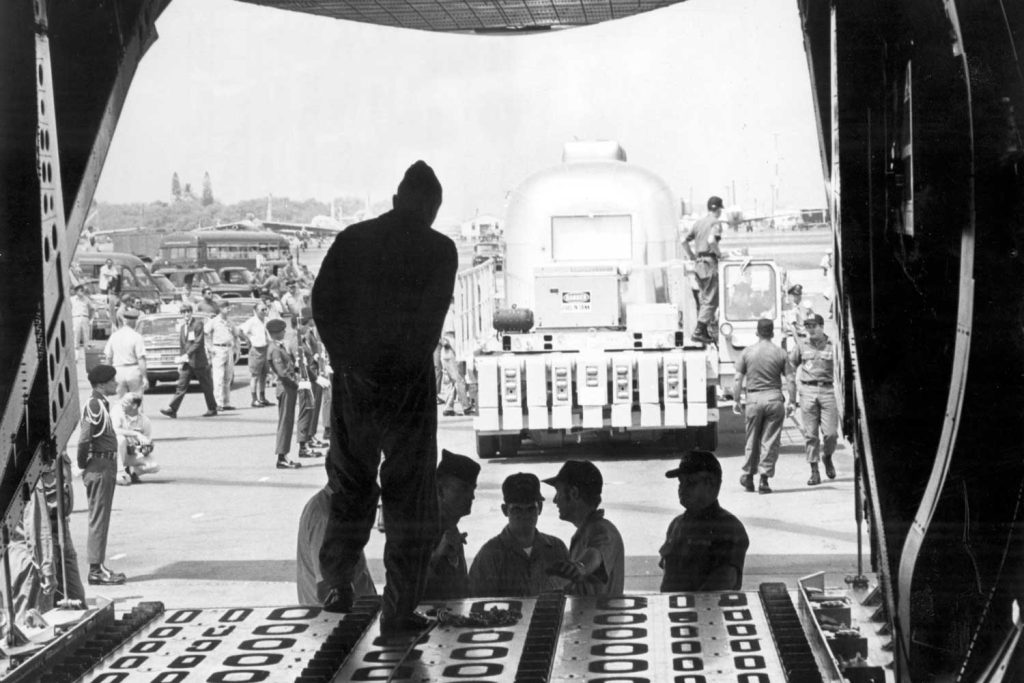
In this photo taken at Pearl Harbor, Hawaii, the inhabited MQF is prepared for loading into an Air Force C-141 jet transport for the flight back to Ellington Air Force Base in Texas. (Image: NASA)
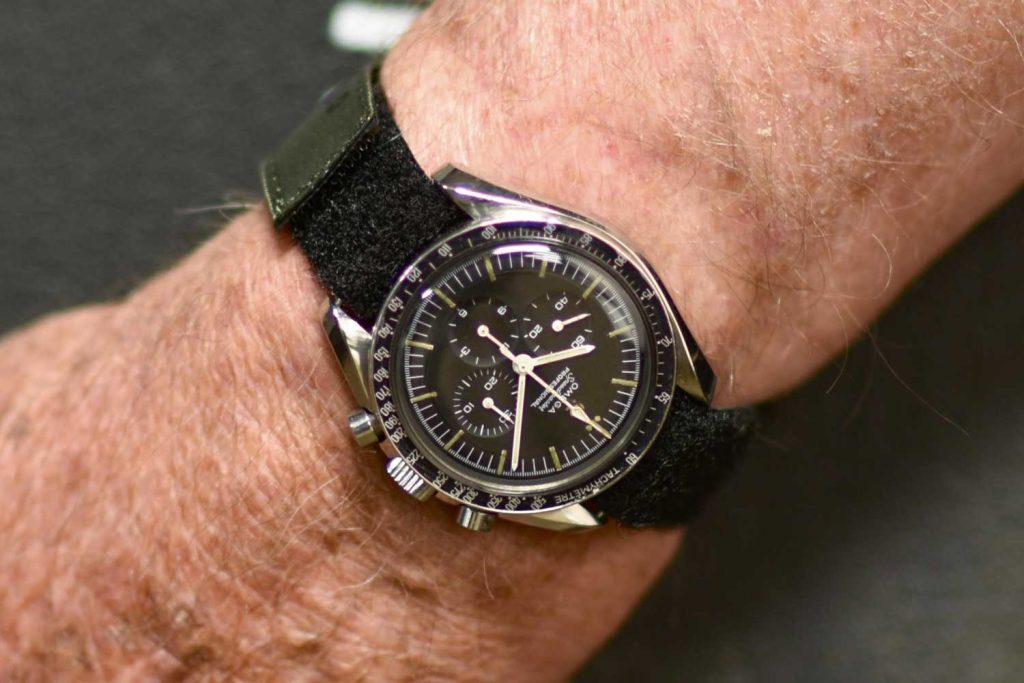
On display at the USSRC are other objects including an original Apollo 11 Countdown Binder used by the father of George Bester Jr., who proudly loaned it to the USSRC. Bester is wearing an Omega Speedmaster ST105.012 courtesy of Levy’s Fine Jewelry in Birmingham, Al. (Photo by author)
The mandatory quarantine ended for the Apollo 11 crew, and they walked out of the Lunar Receiving Laboratory to see their families. There were awards to receive, speeches to give and an exhaustive world tour to do in the weeks to come. I have to believe the Apollo 11 crew fondly reminisced about the three days they spent quarantined in the 35’ Airstream reflecting on their adventure.
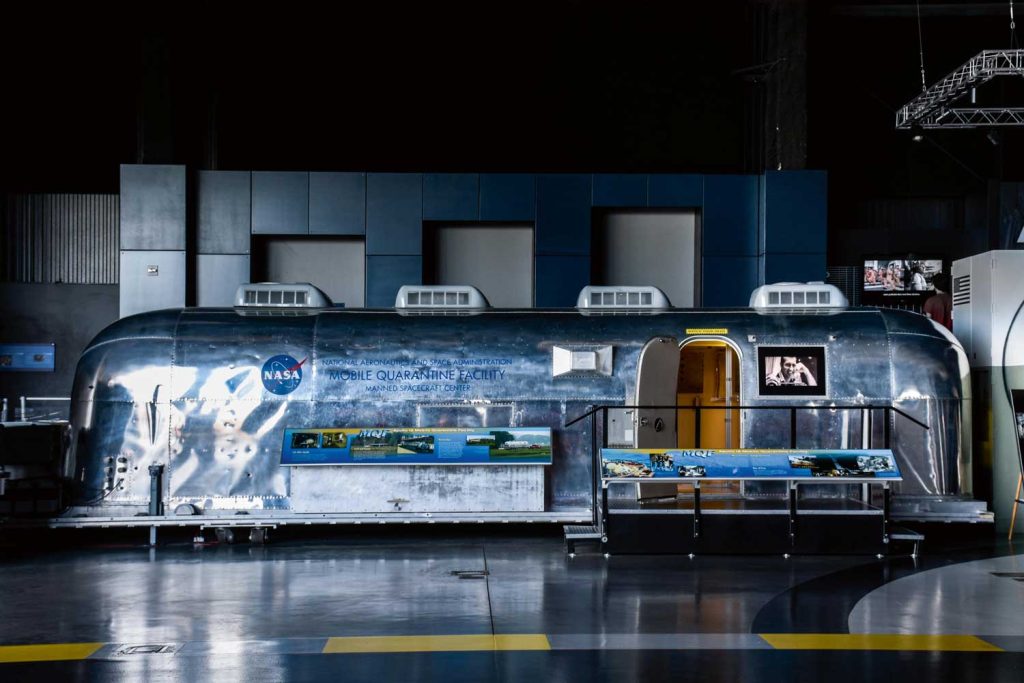
One of the MQFs on display at the USSRC


